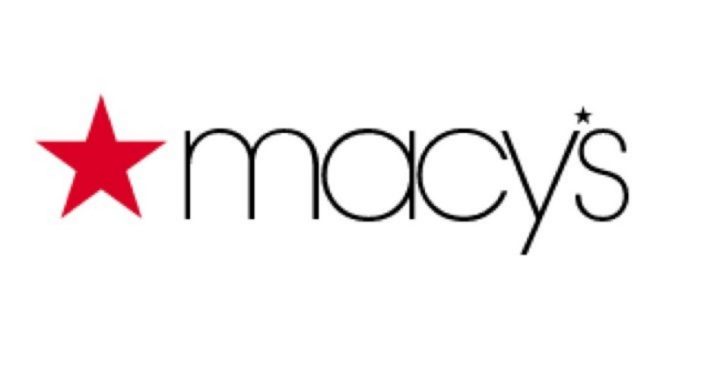
Macy’s department store has announced that it will no longer wire a portion of its dollars to the bank of Planned Parenthood — the nation’s largest provider of abortions. The pro-life organization 2ndVote had compiled a list of corporate sponsors in October, and since then, four major companies (AT&T, Coca-Cola, Ford, and Xerox) have discontinued their support of the giant abortion-provider. Now, Macy’s, which is reputed to have the world’s largest store, has joined them.
Vance Wray of 2ndVote expressed gratitude to Macy’s for their move. “Our research exposed 41 companies with direct financial ties to the abortion giant. Well, we are happy to report that we can take another company off that list — Macy’s — who confirmed with 2ndVote last week that they no longer give nor match donations to Planned Parenthood.”
Planned Parenthood has faced blowback from the revelation that it sells body parts from the unborn children that it aborts. Many members of Congress are attempting to cut off federal funds to the organization, which is led by Cecile Richards, the daughter of former Texas Governor Ann Richards.
While these five major companies have cut their financial assistance to Planned Parenthood, several other companies have continued to donate to the abortion giant. Included in this group are Adobe, American Express, Avon, Bank of America, Bath & Body Works, Ben & Jerry’s, Boeing, Clorox, Converse, Deutsche Bank, Dockers, Energizer, Exxon Mobil, Fannie Mae, Groupon, Intuit, Johnson & Johnson, La Senza, Levi Strauss, Liberty Mutual, March of Dimes, Microsoft, Morgan Stanley, Nike, Oracle, Pepsi, Pfizer, Progressive Insurance, Starbucks, Susan G. Komen, Tostitos, Unilever, United Way, Verizon, and Wells Fargo.
President Barack Obama has referred to Planned Parenthood as his favorite charity.
Wray credited 2ndVote members who have “engaged” Macy’s and other companies for their position on the life issue. “This victory wouldn’t have been possible without your involvement,” he told them.
Tony Perkins of the Family Research Council commented on the change of heart by Macy’s and the other corporations. “While we are 100 percent supportive of corporations making their own decisions and setting their own policies, we believe that consumers have choices too — like taking their business elsewhere. That’s the beauty of the free market. If CEOs want to enter the culture wars, that’s their prerogative. But they shouldn’t be surprised when the market fires back.”
An example of a time when the market “fired back” was in April when retail giant Target announced, “We welcome transgender team members and guests to use the restroom or fitting room facility that corresponds with their gender identity. Everyone deserves to feel like they belong.”
This precipitated a rapid response from the American Family Association (AFA), which announced a petition drive to boycott Target, arguing that Target’s policy will encourage sexual predators and put women and young girls in danger. Within a few days, the online petition had garnered almost 750,000 signatures, making it one of the most successful campaigns of the AFA ever.
With the Christmas shopping season in full swing, it will be interesting to see how the decisions of Macy’s and Target will affect their sales this December. Since Target announced its decision to open its restrooms based on self-identity, rather than biology, its stock price has fallen, along with sales.
Sometimes announced boycotts can lead to policy changes, as in the case of Macy’s, and other times they can actually cause an increase in sales, as when the attempt to boycott Chick Fil-A (because the owner believed in the traditional marriage relationship of one man and one woman) was a huge failure.
Many of the corporations presently supporting Planned Parenthood might want to consider the advice of the late Milton Friedman, the famous libertarian economist. Friedman believed corporations should either put their profits back into their businesses or give dividends to their investors, leaving decisions about “charity” to individuals.



